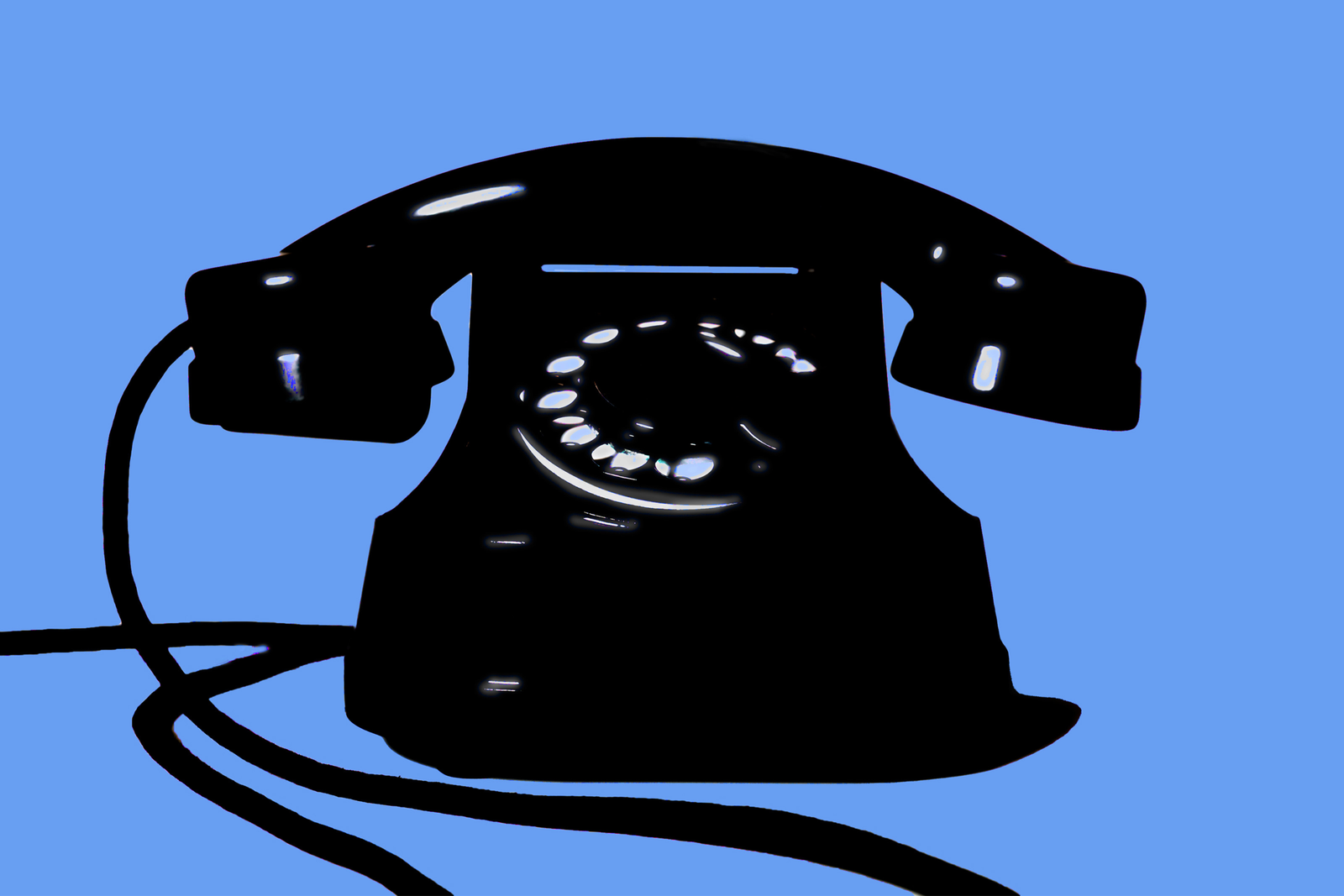Republish This Story
LISTEN: Congress is considering roughly $800 billion in Medicaid cuts. You could feel the effects even if you’re not on the government program for people with low incomes and disabilities. KFF Health News chief Washington correspondent Julie Rovner explained how on WAMU’s “Health Hub,” June 18.
This story also ran on WAMU. It can be republished for free.
This article is part of KFF’s Medicaid Watch, featuring policy research, polling, and news about the Medicaid financing debate and related issues.
Health programs including Medicaid, Affordable Care Act subsidies, and food assistance are facing cuts in the budget reconciliation bill making its way through Congress. If passed as written, the “One Big Beautiful Bill” could dramatically reduce health care access for millions of Americans. And even those who don’t rely on these programs could see local hospitals close.
KFF Health News chief Washington correspondent Julie Rovner appeared on WAMU’s “Health Hub” on June 18 to answer listeners’ questions and break down how the bill could reshape U.S. health care.
jrovner@kff.org, @jrovner
Share This Story:
We want to hear from you: Contact Us
Republish This Story
LISTEN: Congress is considering roughly $800 billion in Medicaid cuts. You could feel the effects even if you’re not on the government program for people with low incomes and disabilities. KFF Health News chief Washington correspondent Julie Rovner explained how on WAMU’s “Health Hub,” June 18.
Health programs including Medicaid, Affordable Care Act subsidies, and food assistance are facing cuts in the budget reconciliation bill making its way through Congress. If passed as written, the “One Big Beautiful Bill” could dramatically reduce health care access for millions of Americans. And even those who don’t rely on these programs could see local hospitals close.
KFF Health News chief Washington correspondent Julie Rovner appeared on WAMU’s “Health Hub” on June 18 to answer listeners’ questions and break down how the bill could reshape U.S. health care.
We encourage organizations to republish our content, free of charge. Here’s what we ask:
You must credit us as the original publisher, with a hyperlink to our kffhealthnews.org site. If possible, please include the original author(s) and KFF Health News” in the byline. Please preserve the hyperlinks in the story.
It’s important to note, not everything on kffhealthnews.org is available for republishing. If a story is labeled “All Rights Reserved,” we cannot grant permission to republish that item.
Have questions? Let us know at KHNHelp@kff.org
Trump Team’s Reworking Delays Billions in Broadband Build-Out
With Property Seized and Federal Funding Uncertain, Montana Asbestos Clinic Fights for Its Life
Q&A: What Does the Budget Bill Mean for Your Health?
Have Job-Based Health Coverage at 65? You May Still Want To Sign Up for Medicare
© 2025 KFF. All rights reserved.
Powered by WordPress VIP
Thank you for your interest in supporting Kaiser Health News (KHN), the nation’s leading nonprofit newsroom focused on health and health policy. We distribute our journalism for free and without advertising through media partners of all sizes and in communities large and small. We appreciate all forms of engagement from our readers and listeners, and welcome your support.
KHN is an editorially independent program of KFF (Kaiser Family Foundation). You can support KHN by making a contribution to KFF, a non-profit charitable organization that is not associated with Kaiser Permanente.
Click the button below to go to KFF’s donation page which will provide more information and FAQs. Thank you!
